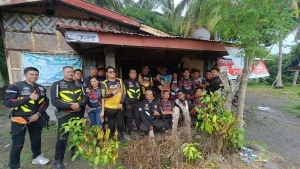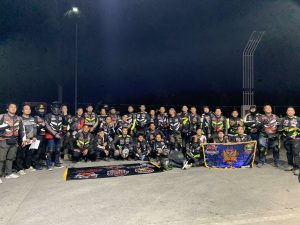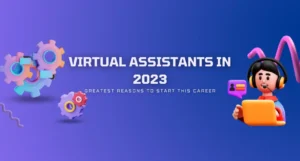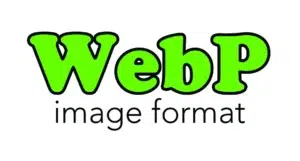Introduction
Search engine optimization (SEO) is a term you hear all the time. It’s an important part of digital marketing that can help your website rank higher in search engines, which means more traffic and improved conversions. SEO has many components, but one important aspect is On-page Search engine optimization. On-page SEO refers to the content and design elements of your website that influences how well it ranks in search engines.
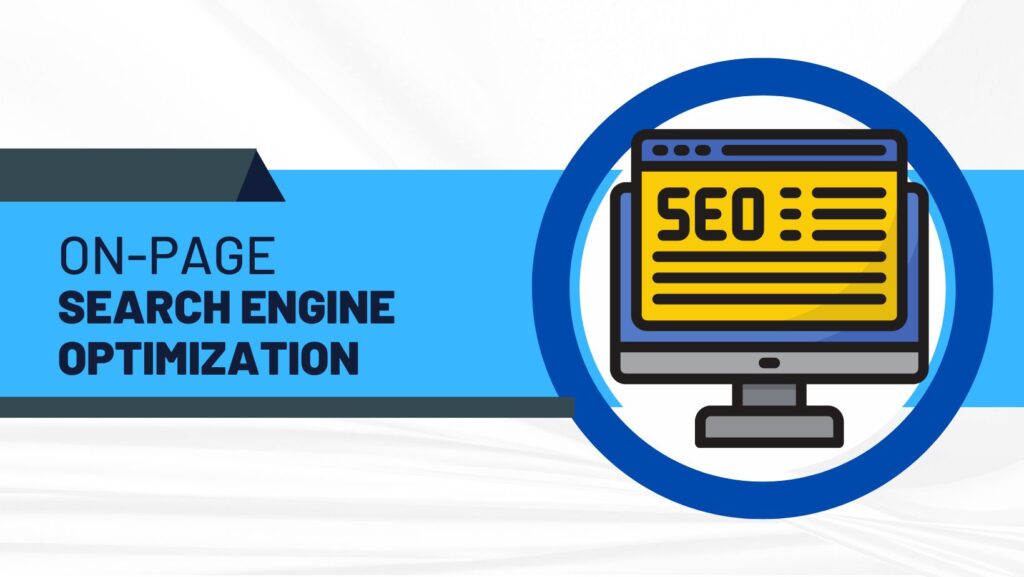
High-quality content is the foundation of on-page search engine optimization
High-quality content is important for users and search engines, both because it improves user experience and because it helps search engines to better understand what a page is about.
These kind of content improves user experience by offering clear, understandable information that addresses people’s questions. It also helps people find the right information when there is a lot of data available, such as in a forum post or blog comment thread.
High-quality content helps search engines understand the topic of a webpage, so they can show relevant search results even without related keywords on the website.
Title tag
The title tag is a crucial on-page element that appears in search results. It determines whether users will click to visit your website. A clear and concise title will attract visitors. A long or unclear title may cause confusion and lead to users leaving your site. Additionally, Google may penalize sites with duplicate title tags within the same domain, so it is important to ensure that each page on your site has a unique title.
The optimal length for a title tag is 55-60 characters. If a title exceeds this length, it may be truncated by some search engines. It is necessary to use multiple titles per page. This is to avoid truncation and ensure that important information is not cut off. This is especially important if you are trying to prevent scammers from creating shorter pages with excessively long titles consisting solely of keywords.
Meta Description
A meta description is a short description of your web page that’s displayed in search results. This can be especially crucial for your site because Google uses meta descriptions as one of the main factors to determine rankings, so you want to make sure yours is unique and relevant to the content on your website.
A good rule of thumb is to keep the meta description between 150-160 characters (including spaces). It should accurately describe the content on your site and not appear spammy or unnatural. Using the first sentence or two of each paragraph of your content as a starting point.
Image optimization
- Make sure your images are optimized for the web.
- Provide a description of the image with the alt attribute.
- Use the title attribute to provide a short description of what is happening in the image, if there isn’t already text within it
Internal links as part of on-page search engine optimization
Internal links are the links that lead you from one page on your site to another. This is an important part of on-page SEO because it helps search engines understand what your site is about and organize its content.
To use internal links effectively:
- Link to relevant pages. To rank for a particular keyword, I will use internal links to direct users to the most relevant pages for that term.
- Link within content blocks.Include plenty of links within blocks of text to make it easy for readers to find related information or details like contact information or product descriptions without switching pages or searching through long blocks of text.
External links
In addition to internal links, external links, or hyperlinks connecting your website to other sites, are also important. External links can lead to websites on the same domain or different domains. Their purpose is to direct traffic from your site to another site’s content. It could lead to improving the rankings and visibility of both sites
External links play a significant role in search engine optimization by helping search engines assess the relevance of a piece of content within a specific topic or market. Google’s algorithm uses this method to determine if a page should be ranked higher in its index database.
Keywords and long-tailed keywords
Keywords are the words that people use to search for something online. Examples of keywords include “football” and “tomatoes.” Long-tailed keywords are more detailed and descriptive than shorter keywords. For example, a long-tailed keyword could be “how to grow tomatoes,” while a short keyword would be just “tomatoes.”
Long-tailed keywords are important because they allow you to reach specific audiences with your content. They also have a lower level of competition, making them easier to rank for in search results.
URL structure
Although it may not be the most thrilling topic, it is important to pay close attention to as you optimize your site!
URLs should be short, clear, and easy to read, type, and understand. They should be relevant to the page they lead to and consistent on all pages of your website. Make sure there are no duplicate URLs
On-page search engine optimization is only a part of improving your overall ranking in search engines, but it is an important one.
So, what exactly is on-page search engine optimization? It’s the process of improving your website’s content and structure so that it will rank higher in search engines.
On-page SEO is only a part of improving your overall ranking in search engines, but it is an important one.
Conclusion On-page search engine optimization
The best way to know what your next steps should be is to use a tool like Google Analytics. This provides data on how many visits your website gets from search engines. This will help you understand what content performs well for people who find it through those platforms. That way, you can create even more engaging content that ranks higher than other sites.

